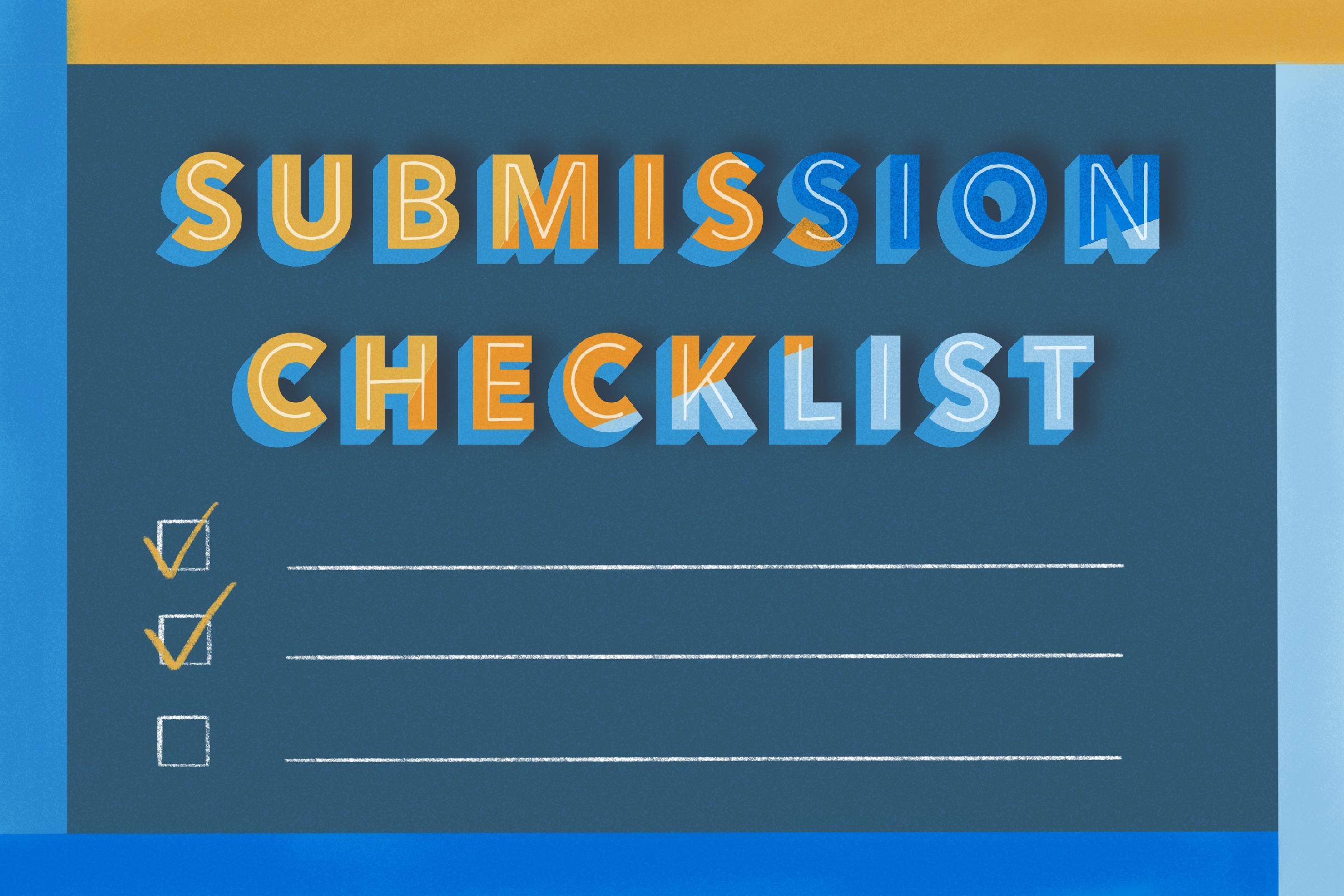Self-Check #1:
Risks/Benefits:
- Am I sufficiently prepared to handle the anticipated risks or benefits of my research study?
- Does my study have similar or different risks or benefits when compared to other studies with a similar design?
- Have I made any new discoveries about my study design that I need to reflect in my new IRB protocol submission?
- Have I considered a “worst-case scenario,” or a possible unanticipated (or rare) adverse event? Am I sufficiently prepared to handle this potential unanticipated event?
Self-Check #2:
Recruitment:
- Are my recruitment methods fair and just?
- Are my recruitment materials clear and easy to understand?
- Are my recruitment materials tailored to my population of interest?
- Do I have the correct permissions to recruit this population of interest?
Self-Check #3:
Informed Consent/Debriefing:
- Would I participate in my own study? In other words, are the materials clear in a way that I (if I were a participant) and others can understand?
- Have I reflected upon the presentation of my materials? Does this presentation of materials make sense for the setting and needs of my population of interest?
- Have others (e.g., colleagues, friends, faculty sponsor, etc.) reviewed my study materials and do they agree the materials are presented in an understandable way?
- Have I rehearsed the consenting process to ensure what I convey is clear and tailored to my population of interest?
- What anticipated questions can I predict about my study activities? Have I prepared responses for these potential questions?
SELF-CHECK #4:
Privacy and Confidentiality:
- Have I reviewed TC IRB’s data security plan? If not, I can view this document in Mentor IRB/Documentation or on TC IRB’s website in the “How to Submit,” section.
- Do I understand my privacy and confidentiality responsibilities?
- Am I up to the task of ensuring the privacy and confidentiality of my study participants?
- Have I met with TC’s Information Technology office to review what software and hardware are available for my study activities (and for the protection of my study data)?
- Has the storage of digital or physical data raised any issues for my study? For example, does my locked filing cabinet have limited space or does my digital data storage require a backup?
- Is the coding system to maintain participant confidentiality sufficient, effective, and efficient?
SELF-CHECK #5:
Monitoring communication/research assistants:
- Am I trained (and prepared) enough to handle the proposed study activities, with the current population of interest, at the study site?
- Do have the need to hire research staff to support this study?
- Am I sufficiently prepared to support and guide research assistants?
- Have I addressed any issues or concerns with disseminating the information associated with this study?
- Do I have any lingering concerns that I need to address before I launch this study?
- Have I consulted with others (e.g., experts in the field, faculty sponsor) about any concerns I may have when interacting with participants?
Sometimes initial research decisions pan out and other times they need adjusting. Researchers should make notes of what works and what does not in a research study. Using these self-checks may improve your research designs in the future.
